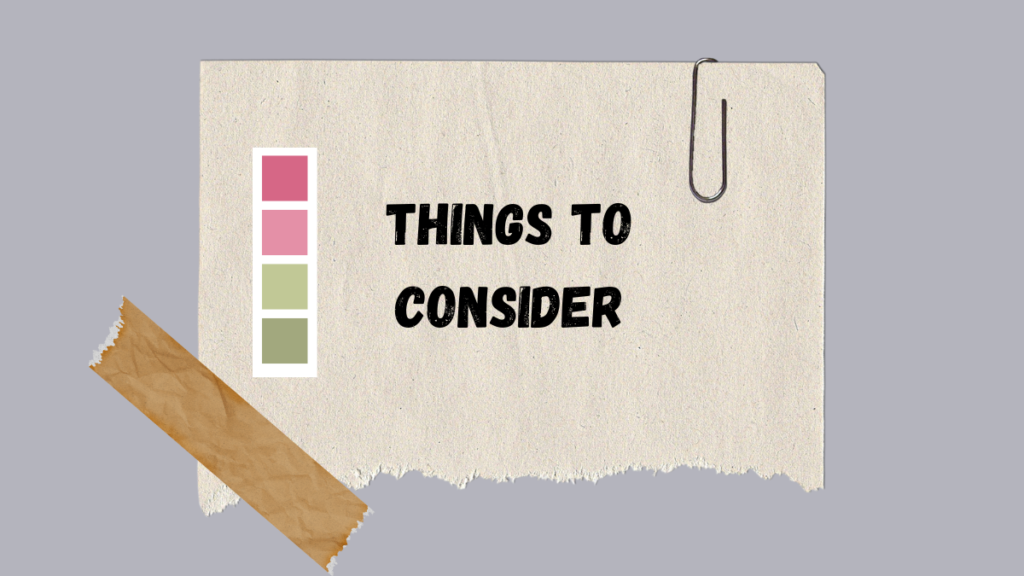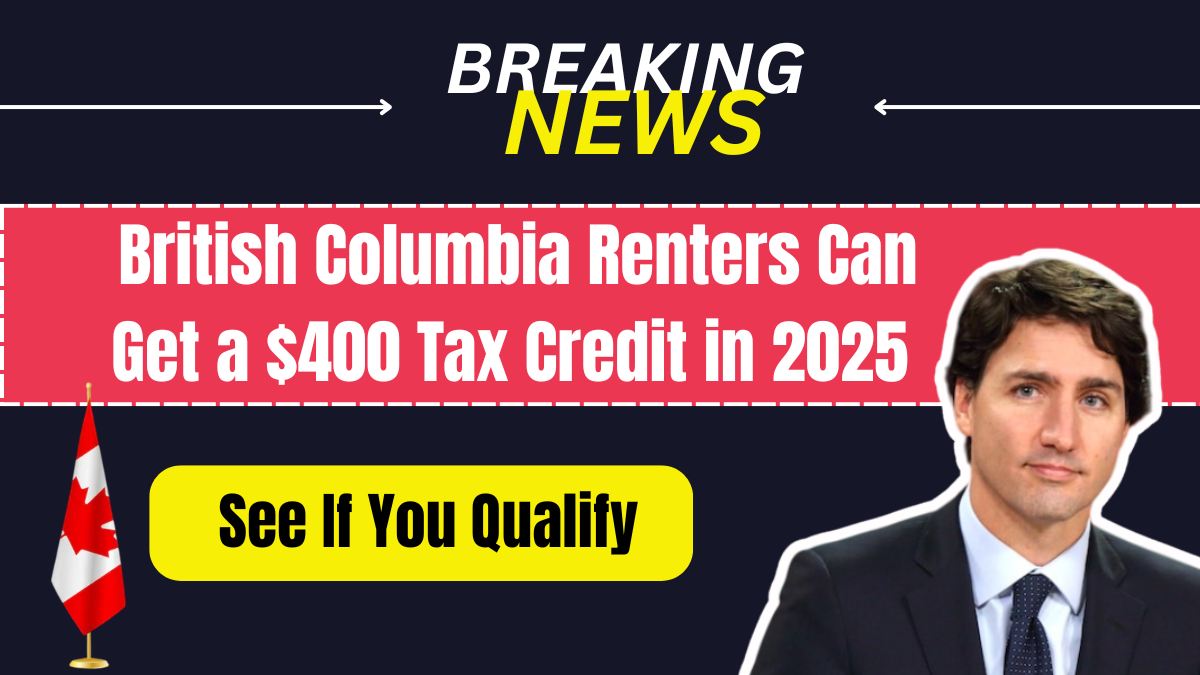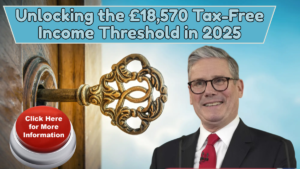In 2025, British Columbians will be able to benefit from the $400 Renters’ Tax Credit, a central authority program created to lessen the impact of rising condo charges. This refundable tax credit rating provides eligible tenants with up to $400 year inside the shape of a tax reduction or refund. Those looking for economic help ought to understand the necessities for qualifying, the stairs worried, and the program’s popular reputation.
What Is the $400 Renters’ Tax Credit?
The $400 Renters’ Tax Credit is a provincial program administered by using the Canada Revenue Agency (CRA) on behalf of the Government of British Columbia. The credit score, which was applied to help lessen the growing cost of living, especially housing prices, pursuits to offer financial aid to tenants who meet distinct standards. It should be mentioned that this is a refundable tax credit, so eligible people can receive it even supposing they do no longer owe any taxes.
Eligibility Requirements
To be eligible for the $400 Renters’ Tax Credit in 2025, the following requirements must be met by applicants:
1. Age and Residency
- Residency: One should be resident in British Columbia by December 31, 2025.
- Age: By December 31, 2025, one should be 19 years or older, or should be parents, or live with a spouse or not an unusual lawyer.
2. Rental Requirements
- Primary Residence: Must have rented an eligible residential unit in B.C. for at least six one-month periods during 2025. These periods do not need to be consecutive.
- Eligible Units: The rented unit should be your predominant house and can consist of flats, houses, basement suites, or other comparable accommodations.
- Lease Agreement: A formal lease or apartment agreement should be in place.
- Rent Payments: The rent has to be paid to an arm’s length landlord (i.e., not a relative).
3. Income Limits

- Full Credit: Households qualifying for the total $400 credit score have an adjusted family net profits that is $63,000 or less.
- Partial Credit: Households incomes among $63,001 and $83,000 can get a lesser amount. The credit is decreased by 2% of the excess of the adjusted circle of relatives net income over $63,000.
- No Credit: Households earning above $83,000 are disqualified from receiving the credit.
How to Apply
1. File Your 2025 Tax Return
In order to say the Renters’ Tax Credit, you want to record your 2025 T1 Income Tax and Benefit Return. Make positive you fill out Form BC479, which is utilized to say some of provincial credit, consisting of the Renters’ Tax Credit.
2. Supply Supporting Documentation
Although the CRA will not ask for supporting documents when you file, it’s always a good idea to have them on hand in case they do ask for verification. These documents include:
- Proof of Rent Payments: Bank statements, receipts, or a letter from your landlord verifying rent payment.
- Lease Agreement: Provide a copy of your signed rental agreement.
- Proof of residency: Utility bills or a government-issued ID with your British Columbia address.
3. Submit Your Tax Return
The due date for the majority of human beings to publish their 2025 tax go back is April 30, 2026. If you’re self-hired, the due date is June 15, 2026; but, taxes owing are nevertheless due April 30, 202. Filing your go back on time permits for timely processing of your credit.
Payment Detail
After your tax return is evaluated, your Renters’ Tax Credit will be deducted from your account. Your credit will be added on to the amount you receive. Your refund will be determined when your return is ready, which is between April and June 2026, depending on the filing date.
| Application Step | What You Need | Deadline |
|---|---|---|
| Gather Documentation | Rent receipts, income details, residency proof | Before filing taxes |
| Complete Form BC479 | BC tax package, rental payment information | When filing taxes |
| File Tax Return | Completed tax forms including BC479 | April 30, 2026 (June 15 if self-employed) |
| Receive Payment | Direct deposit information or mailing address | 6-8 weeks after filing (typically) |
Things to Consider

- One Claim Per Household: Only one person per rental unit can claim the credit, even if several tenants split the rent.
- Subsidized Housing: Residents in subsidized housing can still qualify, but the credit might be smaller if the rent is much lower than market rates.
- Non-Eligible Rentals: Rent paid to relatives, under rent-to-own arrangements, or for housing not needed to be reported as income (e.g., employer-provided housing not a taxable benefit) does not qualify.
Additional Support Programs
Besides the Renters’ Tax Credit, the B.C. government provides other programs to support renters:
- Rental Assistance Program (RAP): Makes monthly payments to low-income, working renters with children.
- Shelter Aid for Elderly Renters (SAFER): Provides monthly payments to low-income seniors for rental costs
These programs have been funded more, and eligibility has been increased in recent years to support full help to individuals with housing affordability issues.
Need Help?
For further information or help with the Renters’ Tax Credit, you can:
- Check out the official B.C. government website: Find detailed information and resources.
- Contact the Canada Revenue Agency (CRA):
FAQs
1. What is the $400 Renters’ Tax Credit?
It’s a refundable tax credit from the B.C. government for eligible renters, providing up to $400 in annual financial relief to help with rising housing costs.
2. Who administers the Renters’ Tax Credit?
The Canada Revenue Agency (CRA) administers the credit on behalf of the Government of British Columbia as part of the provincial tax return process.
3. Who is eligible for the Renters’ Tax Credit in 2025?
B.C. residents aged 19 or older who rented their primary residence for at least six months in 2025 and meet income and lease requirements may qualify.



